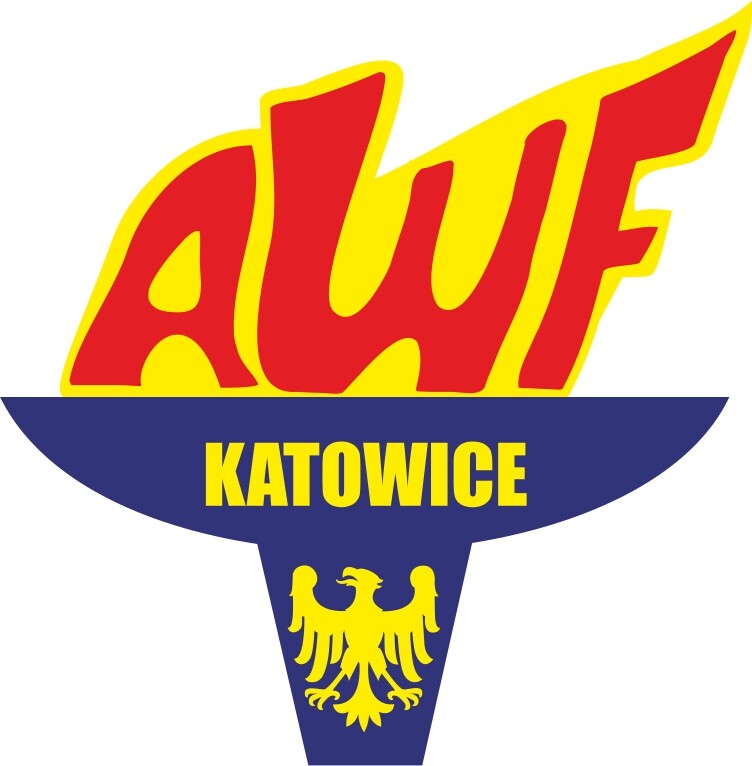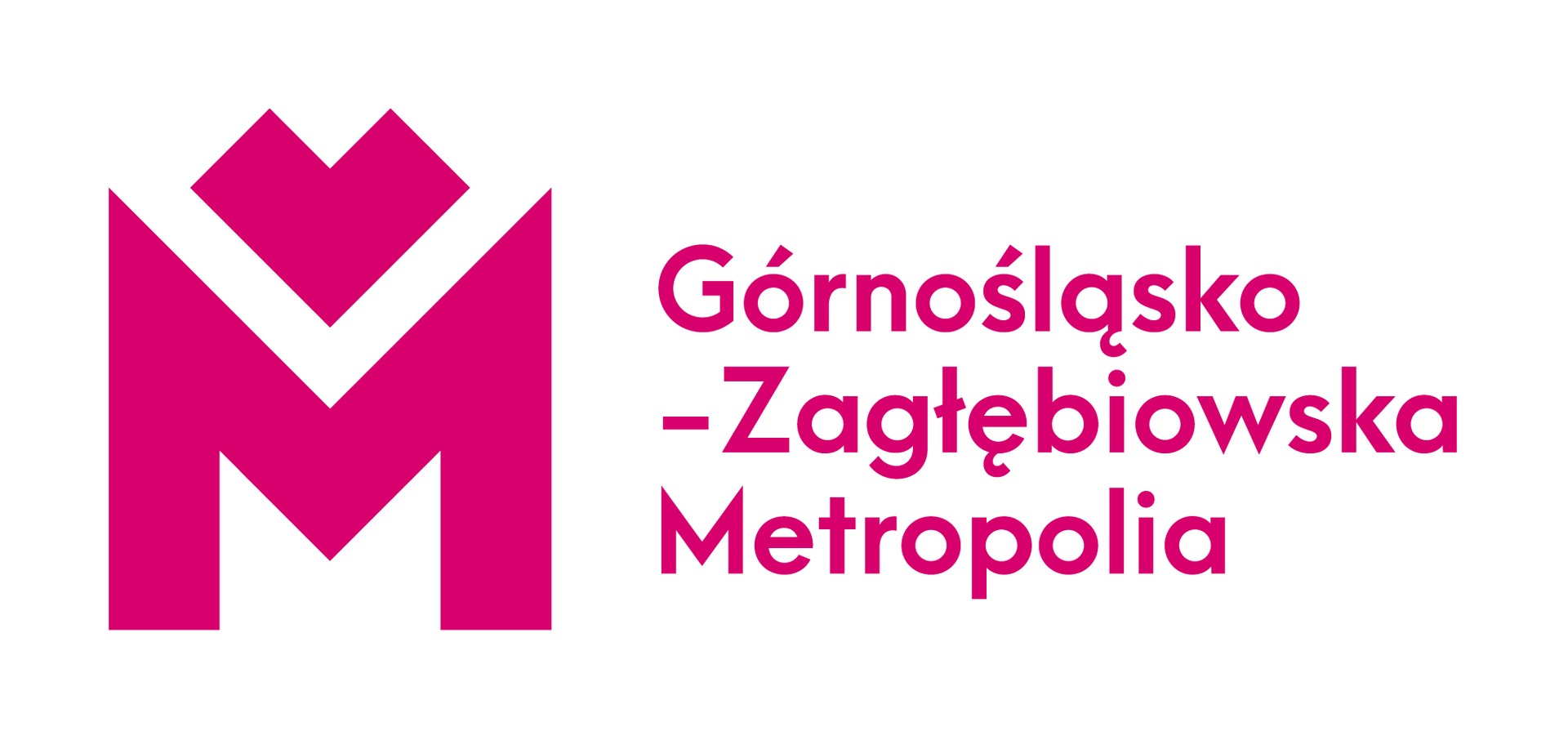About academy
History
The tradition of educating teachers of physical education and instructors of various sports disciplines in Katowice dates back to 1952. At that time the Physical Education Secondary School was established in Katowice (the school's organisers were Alojzy Chruszcz and Zdzisław Szumski). In 1957 it was transformed into the Teachers' College of Physical Education. On the basis of the decree of the Council of Ministers of the 1 September 1970, the Higher School of Physical Education was established from the college. Professor Lechosław Dec ( 1970-1975) became the Chancellor of the newly-established school, followed by Associate Professor Włodzimierz Reczek ( 1975-1980).
In June 1973 within the Faculty of Physical Education conducted at the Higher School of Physical Education a specialism of physical rehabilitation was created. The specialism was accomplished in the Academic Unit of Physical Rehabilitation, whose first director was Professor Krystyna Dobosiewicz, the creator of the physical rehabilitation programme in Poland. In 1975 the specialism of motor rehabilitation was transformed into an independent course of study, since 1997 called "physiotherapy". (Resolution of the General Council for Higher Education of 20 March 1997).
In 1979 the Higher School of Physical Education in Katowice was transformed into the Academy of Physical Education , with the Faculty of Physical Education operating since 1981. The first Chancellor of the Academy of Physical Education was Professor Lechosław Dec (1980-1984). Subsequently, this office was held by: Professor Stanisław Socha (1984-1990), Professor Joachim Raczek (1990-1996),Professor Janusz Nowotny (1996-1999), Professor Wiesław Pilis (1999-2003), Professor Władysław Mynarski (2003-2005), Professor Zbigniew Waśkiewicz (2005-2012), and Professor Adam Zając (2012-2016).
In 1991, on the basis of the decision of the Central Commission for Academic Titles and Degrees, the Academy was authorised to confer the doctoral degrees , and in 1999 the post-doctoral degrees in Physical Culture Sciences. In 2000 the course of study Management and Marketing (currently Management) was launched, in 2001 doctoral studies in the field of physical culture sciences were initiated, and in 2005 the course of study Tourism and Recreation was founded. On the basis of the decision of the Minister of National Education and Sport dated 11 August 2004 the second department was established - the Faculty of Physiotherapy . Since 21 March 2008, on the basis of the act of 23 January 2008 on assigning a new name to the Academy of Physical Education in Katowice, the Academy has borne the name of Jerzy Kukuczka, an outstanding Polish alpinist and Himalayan mountaineer. By the decision of the Minister of Science and Higher Education of 21 July 2009, a third faculty was established - the Faculty of Sport and Tourism Management. In the years between 2006 and 2014, the Academy of Physical Education in Katowice provided education at its branch educational campuses. The following were operating as organisational units of the Faculty of Physical Education: the Branch Didactic Centre in Jastrzębie Zdrój (2006-2009) and the Branch Didactic Centre in Zabrze (from 2009-2014).
The University currently offers doctoral studies ( the third degree course) in the physical culture sciences and eight first and second degree courses. These are, in order of commencement: physical education, physiotherapy, management, tourism and recreation, internal security, physical activity in public health, sport and personal trainer with sports dietetics. The University also offers multi-profile postgraduate studies and further education courses.






